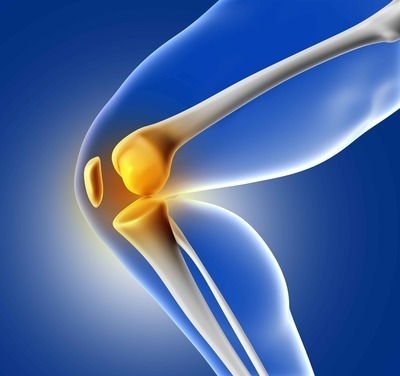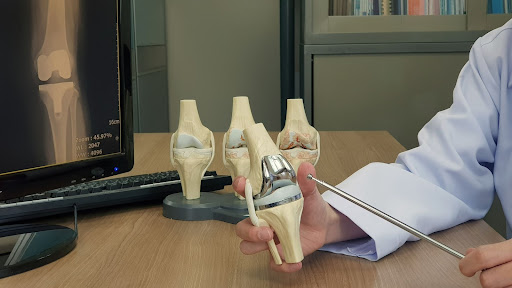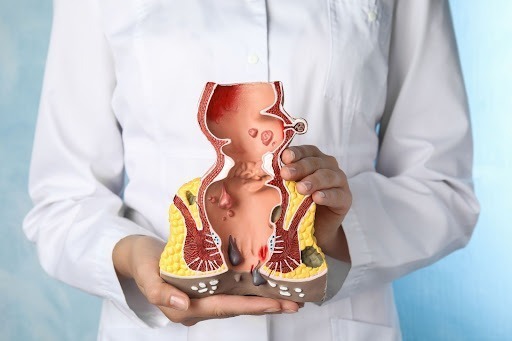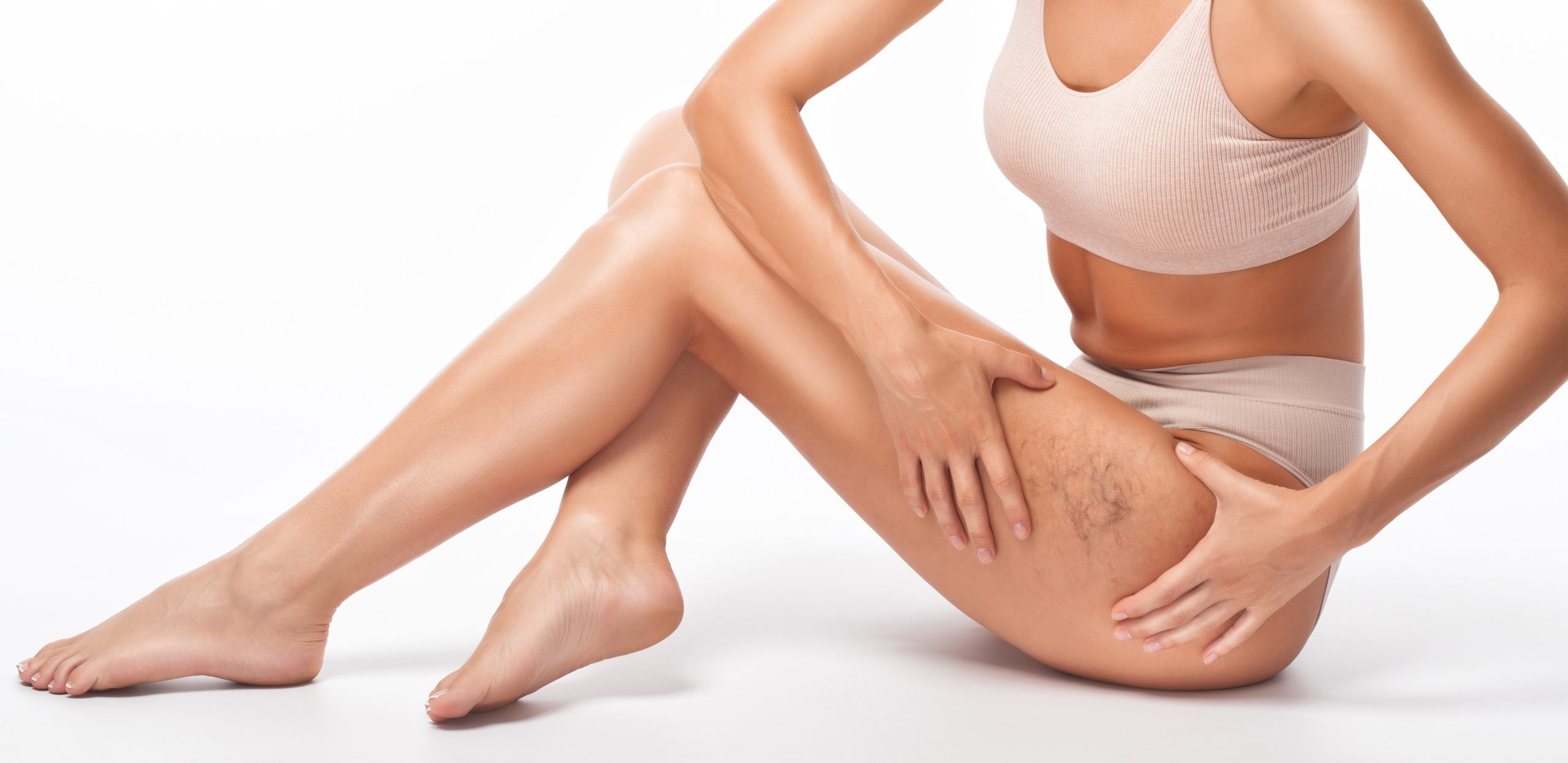Piles (Hemorrhoids)
Ice Packs for Haemorrhoids – Home Remedy to Get Relief
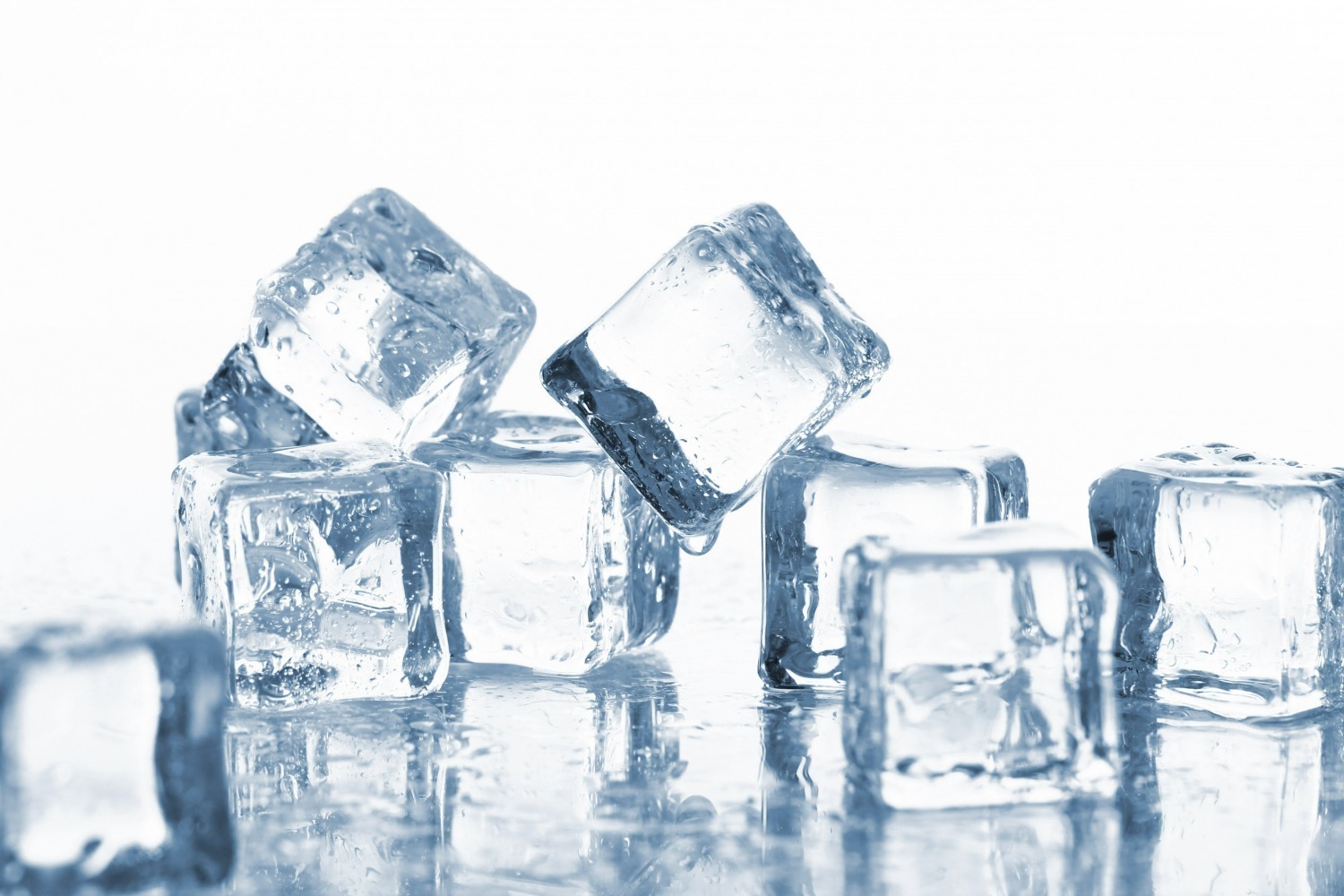
by admin
30th August 2023
7 minutes read
Haemorrhoids are a common and often distressing problem, affecting millions of individuals around the world. They can cause discomfort, pain, and even bleeding, seriously affecting an individual’s quality of life. While over-the-counter and prescribed medicines for piles are available, there are also natural home remedies that can offer relief. One such treatment is using ice packs for haemorrhoids. In this blog post, we will explore this home remedy, how it works, and how to use it effectively for relief from piles.
Understanding Haemorrhoids
Before diving into the use of ice packs for haemorrhoids treatment, it’s important to understand what haemorrhoids are. Haemorrhoids, also known as piles, are swollen veins in the lowest part of the rectum and anus. They’re similar to varicose veins and can be internal or external. haemorrhoids can cause pain, itching, and bleeding. While they’re often a source of embarrassment, they are common, especially in the elderly and during pregnancy.
There are many home remedies for piles that people rely on, and various forms of external haemorrhoids treatment, including changes in diet and lifestyle, topical ointments, and suppositories. However, one of the simplest and most effective ways to get relief is using an ice pack.
Ice Packs as a Home Remedy for Haemorrhoids
Ice packs are a popular home remedy for a variety of ailments because they can help to reduce swelling and numb pain. This is why they can be an effective haemorrhoid treatment at home.
The science behind using ice packs for haemorrhoids is simple. Cold temperatures cause blood vessels to constrict, which can reduce inflammation and swelling. The cold also has a numbing effect, providing immediate relief from pain.
How to Use Ice Packs for Haemorrhoids
If you decide to use an ice pack as a home remedy for piles, it’s essential to do it correctly. First, never apply an ice pack directly to the skin. Always wrap it in a cloth or towel to avoid frostbite. Apply the ice pack to the affected area for 15-20 minutes at a time. After each application, take at least a 10-15 minute break before reapplying.
You can purchase special haemorrhoid ice packs that are designed for this purpose, or you can make your own. For a DIY option, simply fill a sealable plastic bag with ice cubes or crushed ice and wrap it in a cloth or towel.
Remember, while using ice packs for haemorrhoids can provide temporary relief from symptoms, it is not a cure for piles. Always consult with a healthcare provider for a comprehensive treatment plan, especially if your symptoms persist or worsen.
The Role of Medicine for Piles
While home remedies can help alleviate symptoms, there are various medicines for haemorrhoids that can aid in treatment. These range from over-the-counter creams and ointments to prescription medicines. These are typically used to relieve symptoms like pain, itchiness, and swelling. Your healthcare provider may also recommend stool softeners to help prevent constipation, a common cause of haemorrhoids.
In severe cases, surgical treatment may be necessary. It’s important to discuss your symptoms with a healthcare provider to determine the best course of treatment.
Other Home Remedies for Haemorrhoids
In addition to using ice packs, there are various other home remedies you can use to manage haemorrhoid symptoms at home. It’s important to remember, however, that while these remedies can provide relief from symptoms, they do not cure haemorrhoids. Persistent or severe symptoms require medical attention.
Here are several home remedies you can use to help alleviate the discomfort associated with haemorrhoids:
- Over-the-counter ointments: Over-the-counter creams or suppositories, which are inserted into the rectum, can provide relief from pain and itching. These often contain ingredients like hydrocortisone or witch hazel.
- Witch hazel: Witch hazel is an astringent that can help to shrink haemorrhoids and relieve pain and itching. You can apply witch hazel directly to the area with a cotton ball or pad.
- Aloe vera: Aloe vera is known for its anti-inflammatory properties and can be applied topically to soothe and calm inflamed haemorrhoids.
- Sitz baths: A sitz bath is a warm, shallow bath that cleanses the perineum, the space between the rectum and the vulva or scrotum. You can take a sitz bath in a regular bathtub, but it’s more convenient to use a plastic sitz bath that fits over the toilet. Soak the area for 15 to 20 minutes two to three times a day.
- Dietary changes: Increasing your fibre intake can help reduce the risk of constipation, a common cause of haemorrhoids. Foods high in fibre include fruits, vegetables, whole grains, and legumes. Staying hydrated by drinking plenty of water can also help soften stools and prevent constipation.
- Exercise: Regular physical activity can help prevent constipation and reduce pressure on veins, which can occur with long periods of standing or sitting. Exercise can also help you lose excess weight that might be contributing to your haemorrhoids.
- Avoid straining: Straining during bowel movements can worsen haemorrhoids. To avoid straining, don’t wait to go to the bathroom when you feel the urge to have a bowel movement.
Conclusion
While haemorrhoids can be painful and uncomfortable, there are many ways to get relief. Using an ice pack is a simple and natural home remedy that can help reduce inflammation and relieve pain. Coupled with the right medicines for piles and other lifestyle changes, it can be an effective part of your treatment plan. Always remember, persistent or worsening symptoms require medical attention, so consult with your healthcare provider if your symptoms persist or worsen.
How Can Medfin help?
Medfin is a daycare surgery expert providing access to the latest surgical procedures and top doctors in your city at affordable prices. Medfin provides you access to top doctors and surgeons with 10+ years of experience. With Medfin, you can leave your hassles behind and focus on your health. From instant consultations to paperwork assistance, we have got you covered with everything. So why wait? Call us today!
Also Read:
| Laser Treatment For Piles | What Happens If You Leave Piles Untreated? |
| Understanding The 4 Stages of Piles | Cost Of Laser Treatment for Piles |
FAQs
1. Can ice packs completely cure haemorrhoids?
Ice packs can provide temporary relief from haemorrhoid symptoms, but they do not offer a permanent cure. To address the root cause of haemorrhoids, it’s essential to adopt a healthy lifestyle, including a high-fibre diet, staying hydrated, and avoiding straining during bowel movements.
2. Are there any situations where I should avoid using ice packs for haemorrhoids?
If you have circulatory issues or sensitive skin, it’s best to avoid using ice packs for haemorrhoids. Additionally, if the cold treatment worsens your symptoms or causes excessive discomfort, discontinue its use and consult a healthcare professional.
3. Can ice packs be used in conjunction with other haemorrhoid treatments?
Yes, ice packs can be used in combination with other haemorrhoid treatments like over-the-counter creams, sitz baths, and lifestyle changes. However, if you’re using prescription medications, consult your doctor before adding ice packs to your treatment plan to ensure there are no adverse interactions.
4. Can I use homemade ice packs for haemorrhoids?
Yes, you can create a homemade ice pack by placing ice cubes in a sealable plastic bag and wrapping it with a clean cloth or towel. Alternatively, you can use a bag of frozen vegetables as a makeshift ice pack.
5. How frequently can I use ice packs for haemorrhoids?
You can use ice packs several times a day, with breaks in between each application. However, it’s best to listen to your body and not overdo it. If you experience any discomfort or worsening symptoms, consult a healthcare professional
Treatments for Piles
Laser Treatment for Piles | Rubber Band Ligation | Stapler Hemorrhoidopexy | Hemorrhoidectomy
Doctors Specializing in Piles Treatment
Cost Estimate for Piles Treatments
Laser Treatment for Piles | Rubber Band Ligation | Stapled Haemorrhoidectomy | Haemorrhoidectomy
CATEGORIES
- ACL Reconstruction
- Anal Fissures
- Anal Fistula
- Appendicitis
- ASK A DOCTOR
- Benign Prostatic Hyperplasia
- Breast Lump Excision
- Cataract
- Circumcision
- Conditions & Diseases
- Cosmetology
- Covid-19
- Cure
- Endocrinology
- ENGLISH VIDEOS
- Eye Care
- Gallstones
- General Surgeries
- Government Schemes
- Gynaecology
- Gynecomastia
- Health
- Health Insurance
- Hernia
- Hindi
- Hip Arthoscopy
- Hip Replacement
- Hip Replacement Surgery
- Hydrocele
- Kannada
- Kidney Stones
- Knee Arthroscopic
- Laparoscopic
- LASER
- Latest Treatments
- Lifestyle
- Liposuction
- Medfin Stories
- Medicine
- Nephrology
- Ophthalmology
- Orthopaedic
- Paraphimosis
- Patient Testimonials
- PCL Reconstruction
- Phimosis
- Piles (Hemorrhoids)
- Pilonidal Sinus
- Proctology
- Prostate Artery Embolization
- Rhinoplasty
- Second Opinion
- Total Knee Replacement
- Urology
- Uterine Artery Embolization
- Uterine Fibroids
- Varicocele
- Varicose Veins
- Vascular
- VIDEOS


